Written By – Adhyan Agung from MSCIA UB
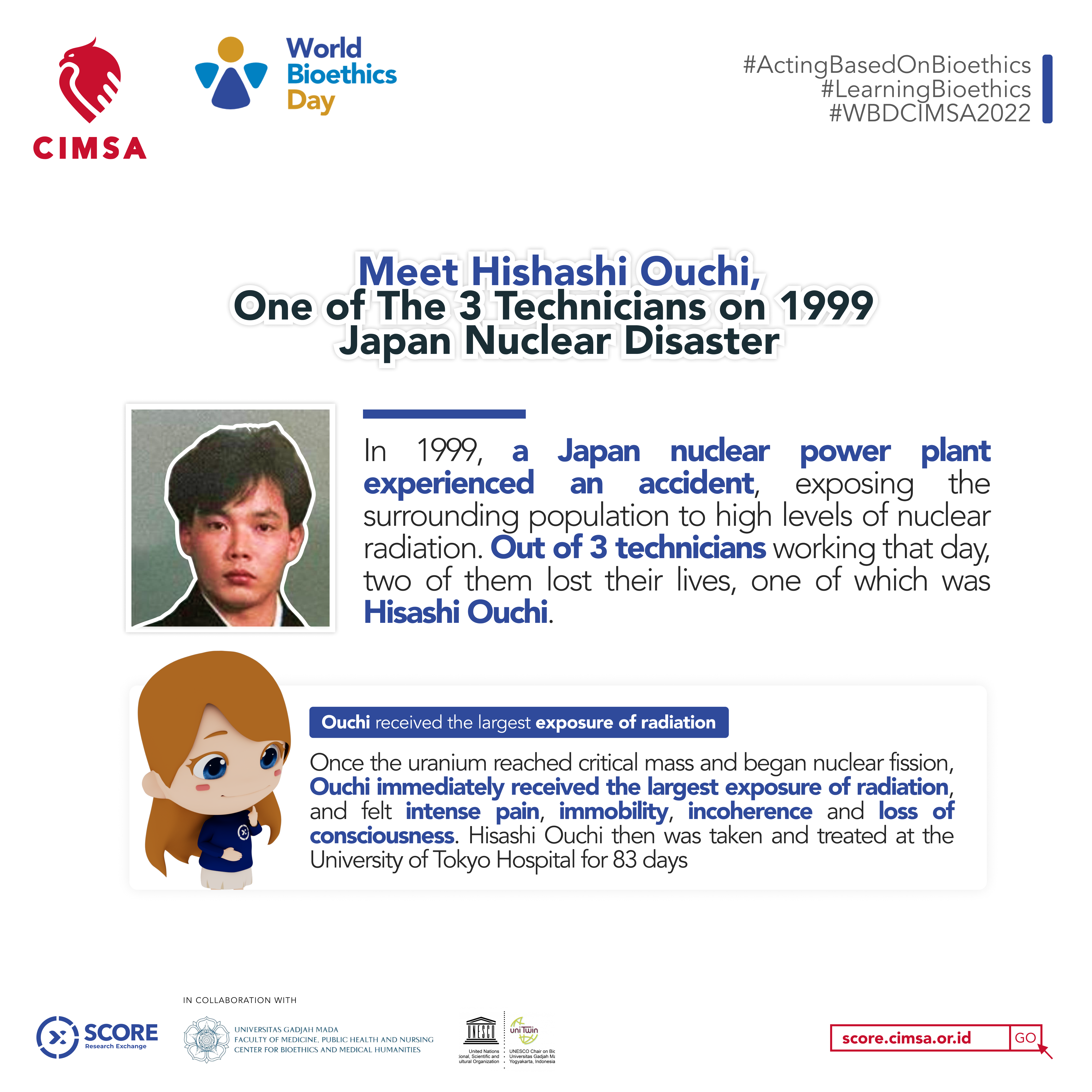
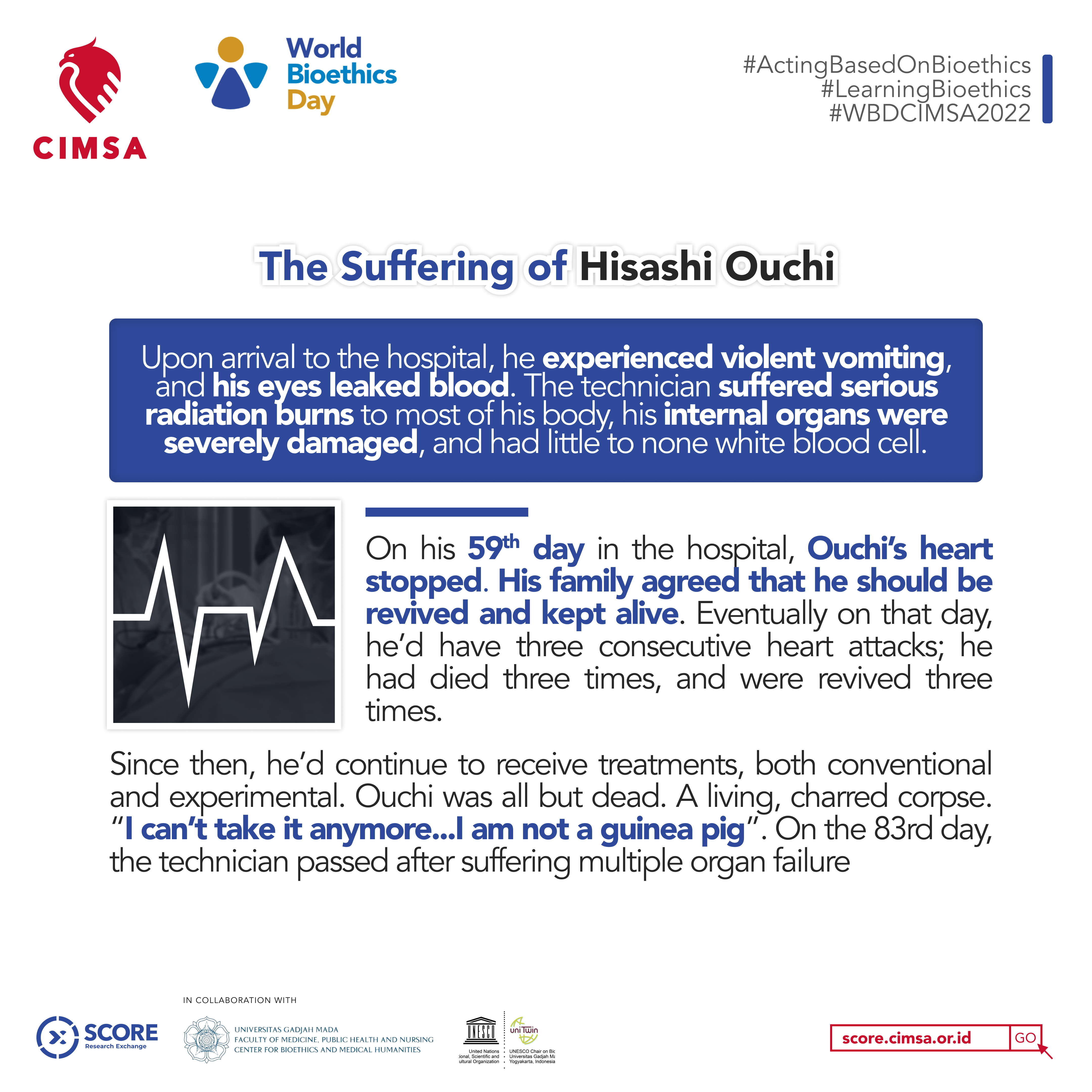
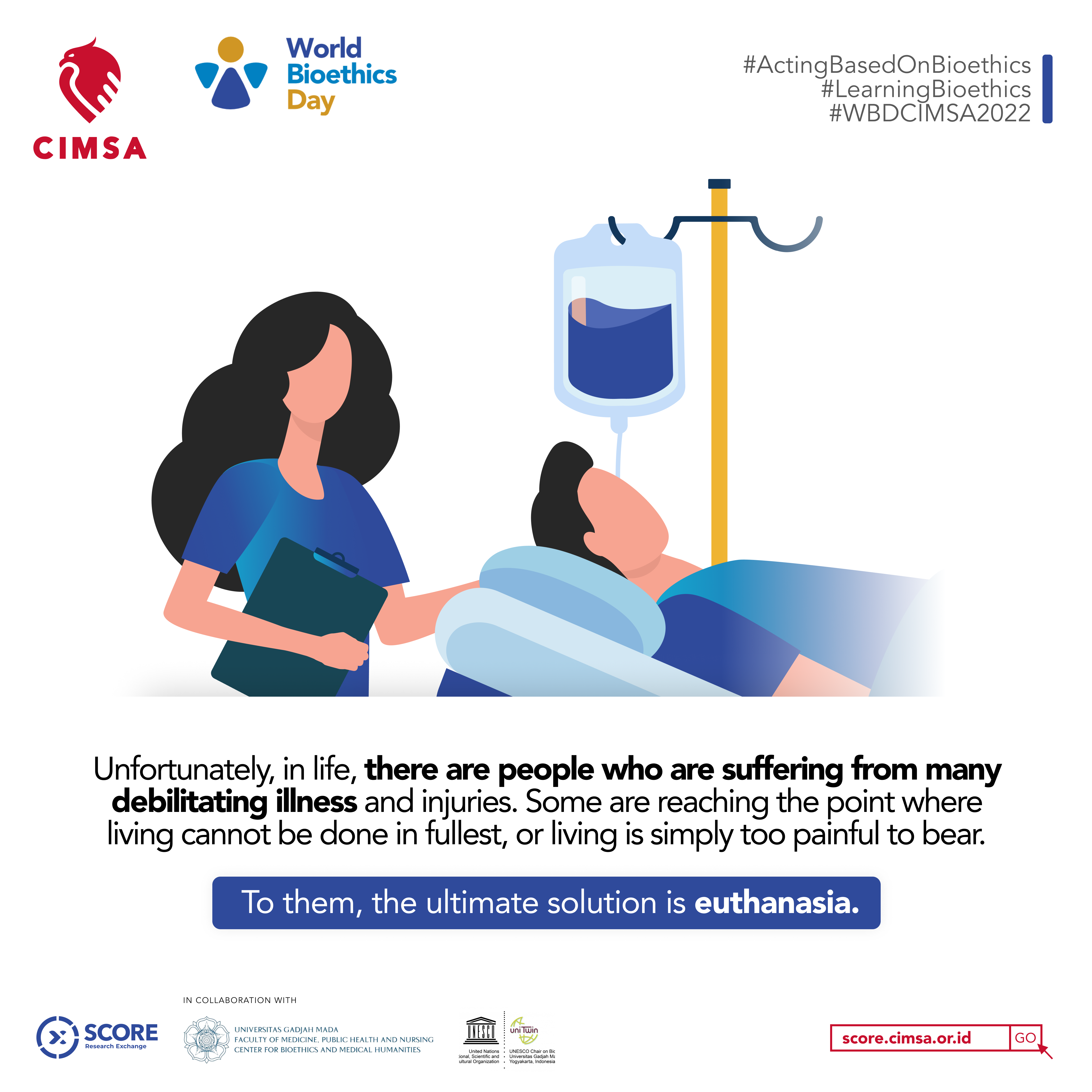
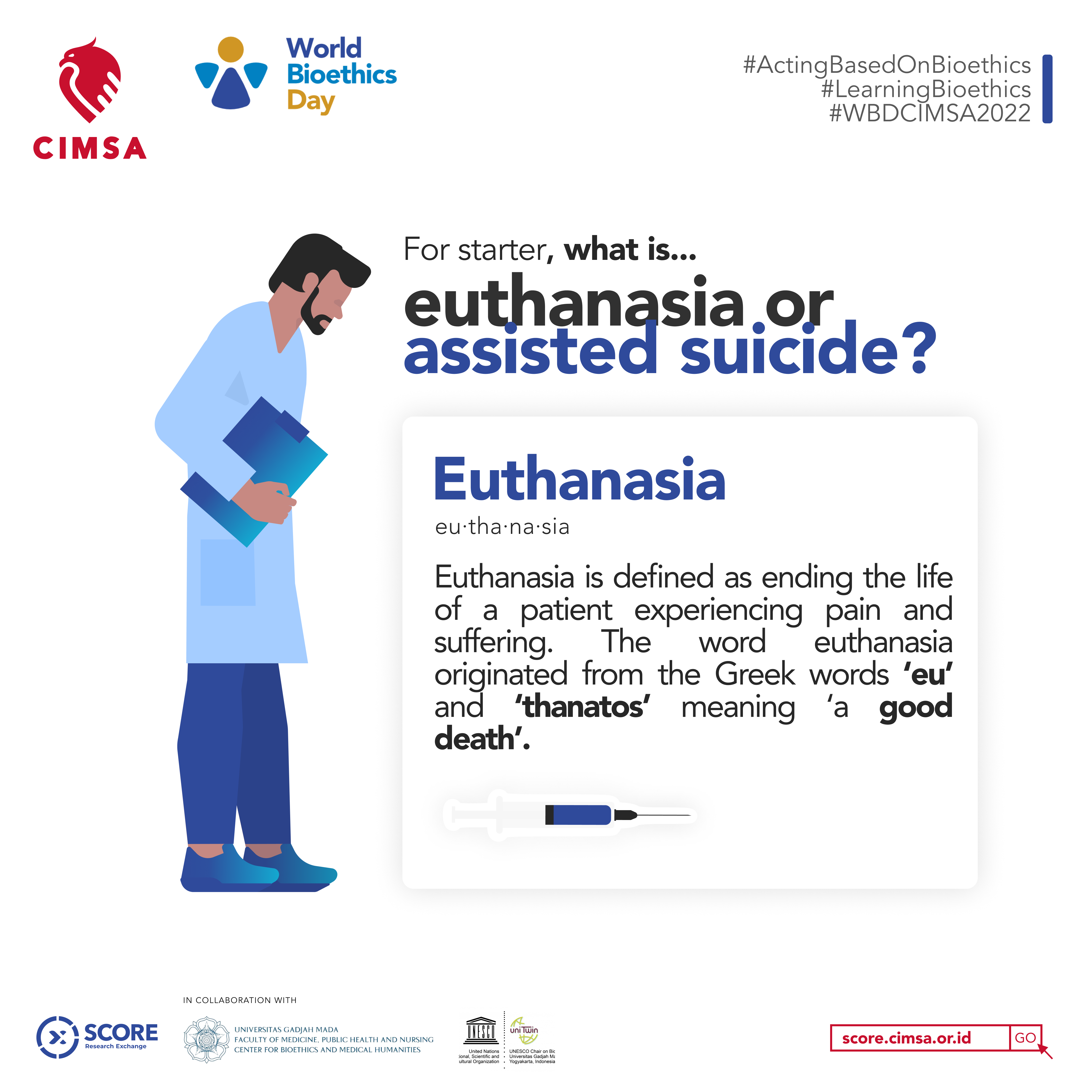
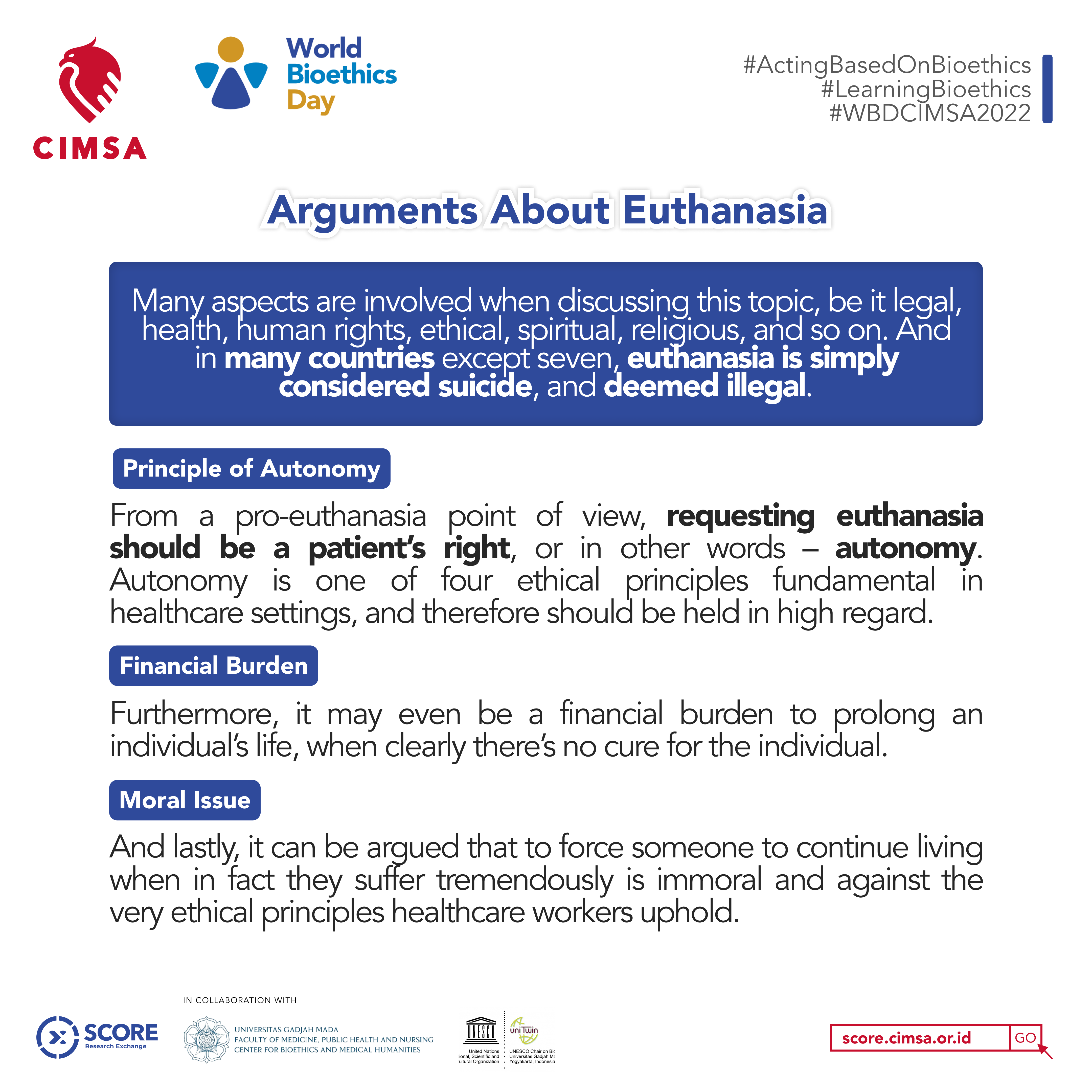
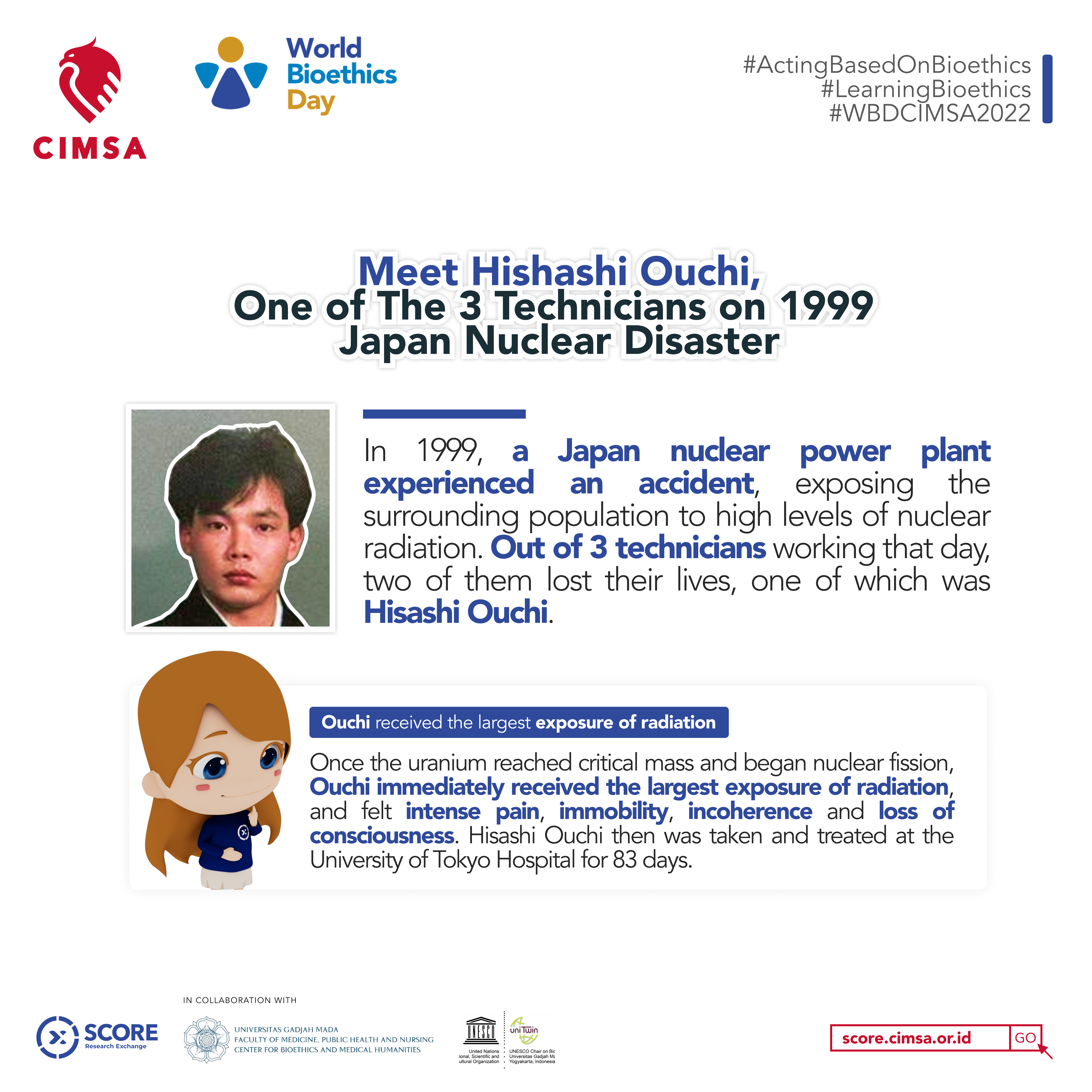
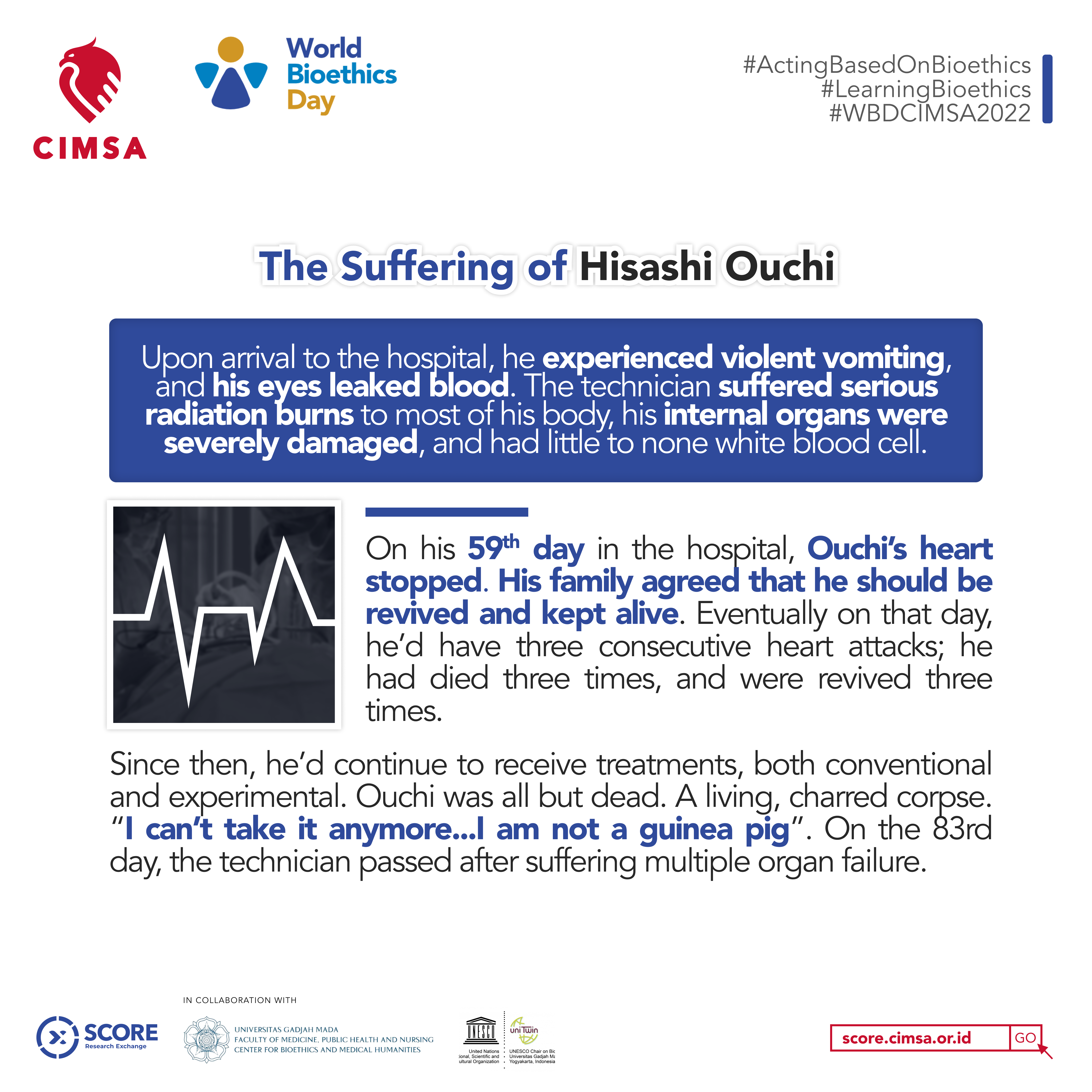
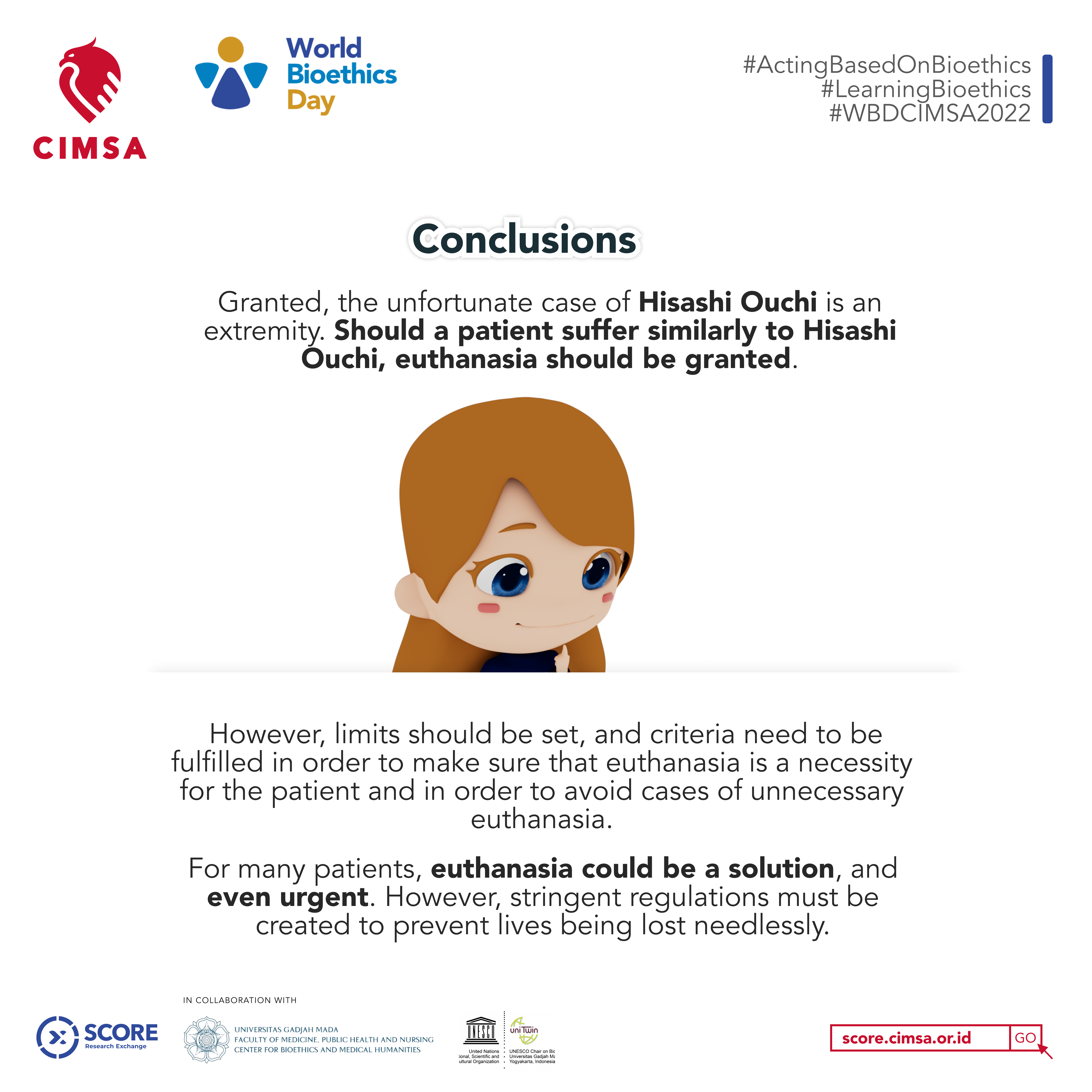
Unfortunately, in life, there are people who are dealt bad cards and are suffering from many debilitating illness and injuries. Some are able to cope with their conditions, but some are reaching the point where living cannot be done in fullest, or living is simply too painful to bear. To them, the ultimate solution is euthanasia or assisted suicide.
The topic of euthanasia has been a controversial topic in the world of medicine. Euthanasia is defined as ending the life of a patient experiencing pain and suffering. The word euthanasia originated from the Greek words ‘eu’ and ‘thanatos’ meaning ‘a good death’. Many aspects are involved when discussing this topic, be it legal, health, human rights, ethical, spiritual, religious, and so on. And in many countries except seven, euthanasia is simply considered suicide, and deemed illegal.
From a pro-euthanasia point of view, requesting for euthanasia should be a patient’s right, or in other words – autonomy. Autonomy is one of four ethical principles fundamental in healthcare settings, and therefore should always be held in high regard. Furthermore, it may even be a financial burden to prolong an individual’s life, when clearly there’s no cure for the individual. And lastly, it can be argued that to force someone to continue living when in fact they suffer tremendously is immoral and against the very ethical principles healthcare workers uphold.
In 1999, a nuclear power plant experienced a nuclear criticality accident, exposing the surrounding population to high levels of nuclear radiation once the plant’s uranium reached criticality. Out of three technicians working during the accident, two of them lost their lives, one of which was Hisashi Ouchi.
Once the uranium reached critical mass and began nuclear fission, Ouchi immediately received the largest exposure of radiation, and felt intense pain, immobility, incoherence and loss of consciousness. Hisashi Ouchi then was taken and treated at the University of Tokyo Hospital for 83 days. Upon arrival, he experienced violent bouts of vomiting, and his eyes leaked blood. The technician suffered serious radiation burns to most of his body, his internal organs were severely damaged, and had little to none white blood cell count. When stem cell transplantation was done on him, the leukocytes experience radioactive mutation and triggered autoimmune responses; The transplantation backfired, and his condition worsened rapidly.
On his 59th day in the hospital, Ouchi’s heart stopped. His family agreed that he should be revived and kept alive. Eventually on that day, he’d have three consecutive heart attacks; he had died three times, and were revived three times. Since then, he’d continue to receive treatments, both conventional and experimental. Ouchi was all but dead. A living, charred corpse. “I can’t take it anymore…I am not a guinea pig”. On the 83rd day, the technician passed after suffering multiple organ failure.
Granted, the unfortunate case of Hisashi Ouchi is an extremity. Should a patient suffer similarly to Hisashi Ouchi, euthanasia should be granted. However, limits should be set, and criteria need to be fulfilled in order to make sure that euthanasia is a necessity for the patient. If euthanasia were to be legal, goverments and lobbyists must keep in mind the sanctity and importance of human life in order to avoid cases of unnecessary euthanasia.
For instance, 10,000 cases of assisted suicide and euthanasia were reported in 2021 by the Canadian government, which is a 32% increase compared to the year before. In total, more than 31,000 people have ended their lives through euthanasia since it was made legal in 2016. When surveyed further, it was discovered that 1 in 5 people mentioned loneliness as a reason to end their life. 35.7% of patients believed that they were “a burden on family, friends or caregivers”, and around 85% wishes to end their life for reasons such as the loss of the ability to have meaningful or daily activities. These numbers are worrying, as it might indicate that some deaths were not necessary in nature, and could’ve been prevented.
For many patients, euthanasia could be a solution, and even urgent. However, stringent regulations must be created to prevent lives being lost needlessly.
Source:
